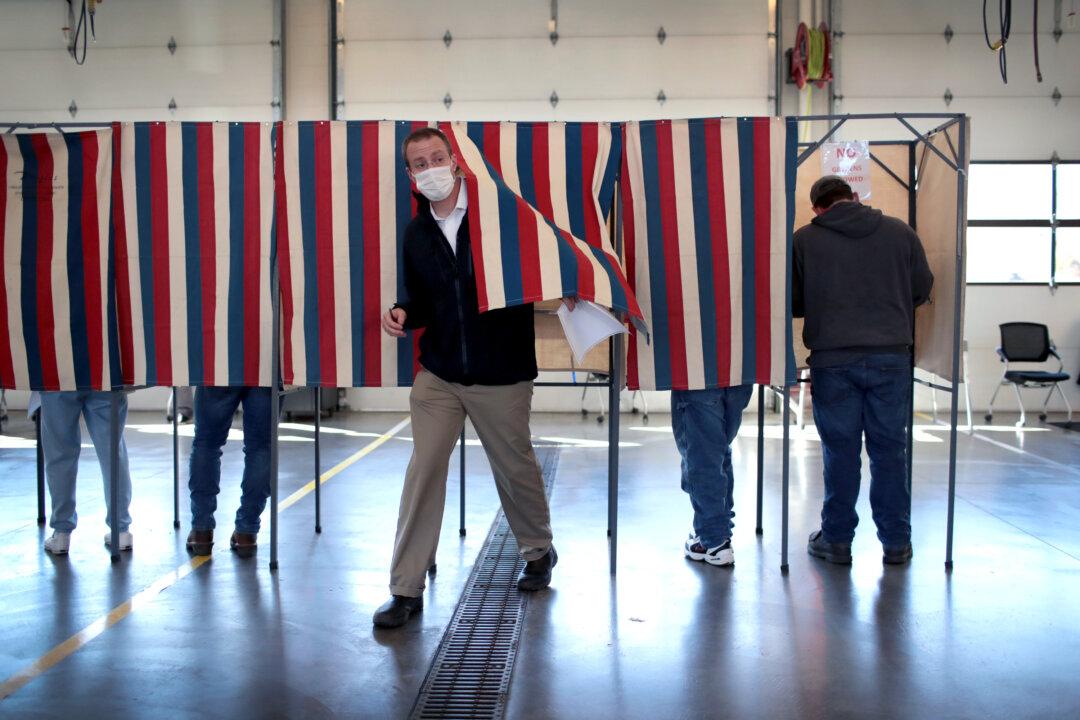A new report from an association of public opinion and survey research professionals found that supporters of former President Donald Trump who refused to take part in surveys were one of the likely reasons that polls overstated support for President Joe Biden in the 2020 election, the biggest polling inaccuracy in 40 years.
The report from the American Association for Public Opinion Research (AAPOR) found that Biden’s lead over Trump was overstated in national polls by 3.9 percentage points, the largest such polling bias since 1980. At the same time, polls at the state level overestimated Biden’s lead by 4.3 percentage points, the biggest miss for state-level pre-election political preference surveys in at least 20 years.





